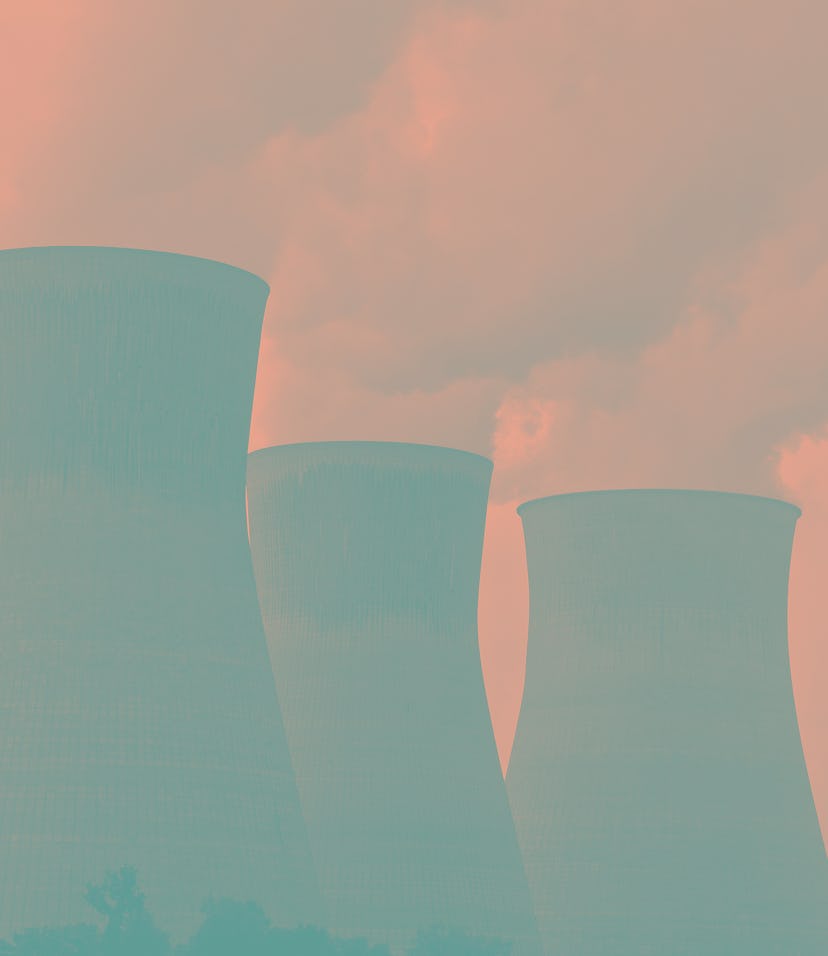Tech
Facebook overlooks half the climate denial content on its platform, study finds
A new report from the Center for Countering Digital Hate finds that even well-known climate denial publications are being overlooked.

Facebook’s climate change misinformation labels are not being applied to every instance of outright climate denial — not even close. And not even the climate misinformation coming out of publications well-known for posting such denial.
Newly published research from the Center for Countering Digital Hate, an international non-profit focused on stymying hate speech and misinformation, finds that approximately 50.5 percent of articles espousing climate denial from popular publishers are not flagged at all by Facebook. The CCDH looked through 184 articles with climate denial content from what it calls the “Toxic Ten” — the top ten publishers who accounted for nearly 70 percent of Facebook interaction with climate misinformation articles — and found that 93 of them had no informational label.
“By failing to do even the bare minimum to address the spread of climate denial information, Meta is exacerbating the climate crisis,” said Imran Ahmed, head of the CCDH. “Climate change denial — designed to fracture our resolve and impede meaningful action to mitigate climate change — flows unabated on Facebook and Instagram.”
About those labels… — Meta — still just Facebook, at the time — has publicly proclaimed its intention to fight climate denial often in the last few years. In September 2020, Facebook for the first time added special climate misinformation labels to posts on the network. Just a month later, it became very clear the labels were not working as intended. A few months later, Facebook launched the Climate Science Information Center, a partnership with experts created with the express mission of debunking climate myths.
Neither measure has arisen as an actual solution. Even the most well-known publishers of climate denial content, including the likes of Breitbart and the Daily Wire, are not being examined closely enough for Facebook to catch misinformation and label it as such.
Some of the articles examined by the CCDH are egregious misses. One Breitbart article outright calls climate change a “hoax.” Neither a Daily Wire article claiming “the Left is Spreading Global Warming Alarmism” nor a NewsBusters article that called climate change “propaganda” were labeled.
Not just Facebook — Facebook has a history of downplaying the dangers of climate denial posts. Back in 2020, Facebook spokesperson Andy Stone said climate misinformation isn’t treated the same way as something like COVID-19 misinformation because it’s not an urgent problem.
In a statement provided to NPR, spokesperson Kevin McAlister outright denied the accuracy of the CCDH’s report. “During the time frame of this report, we hadn’t completely rolled out or labeling program, which very likely impacted the results,” he said. (Every article analyzed by the CCDH was published after Facebook announced the labels.)
Meta’s work on curbing climate denial information is obviously nowhere near complete. It’s not alone in this struggle, though — other Big Tech companies have repeatedly failed to control climate misinformation on their own platforms.